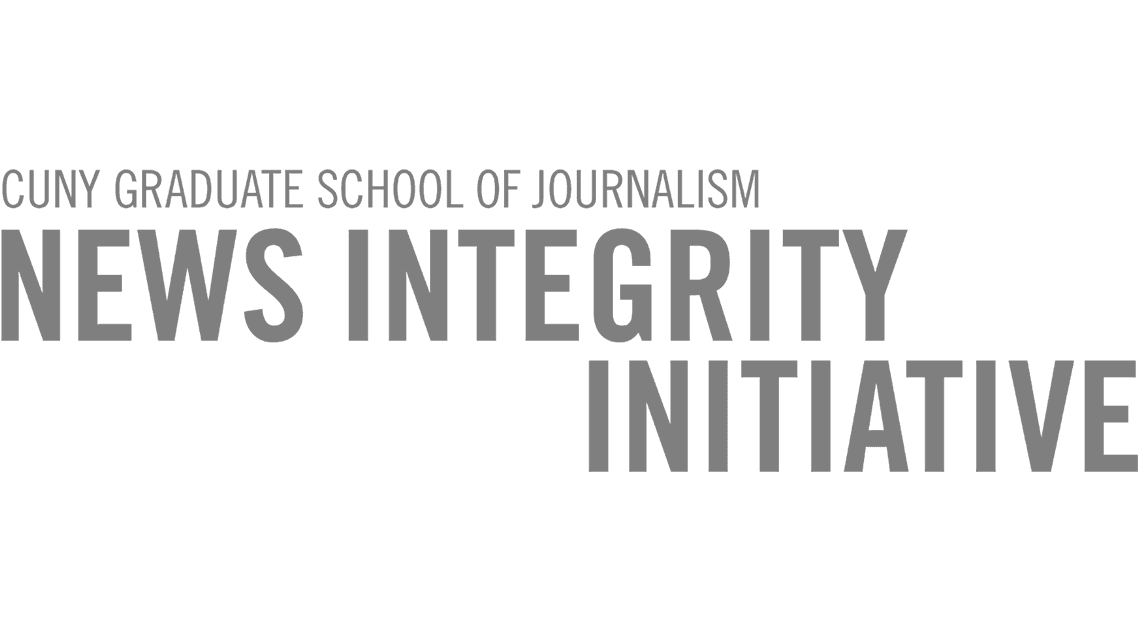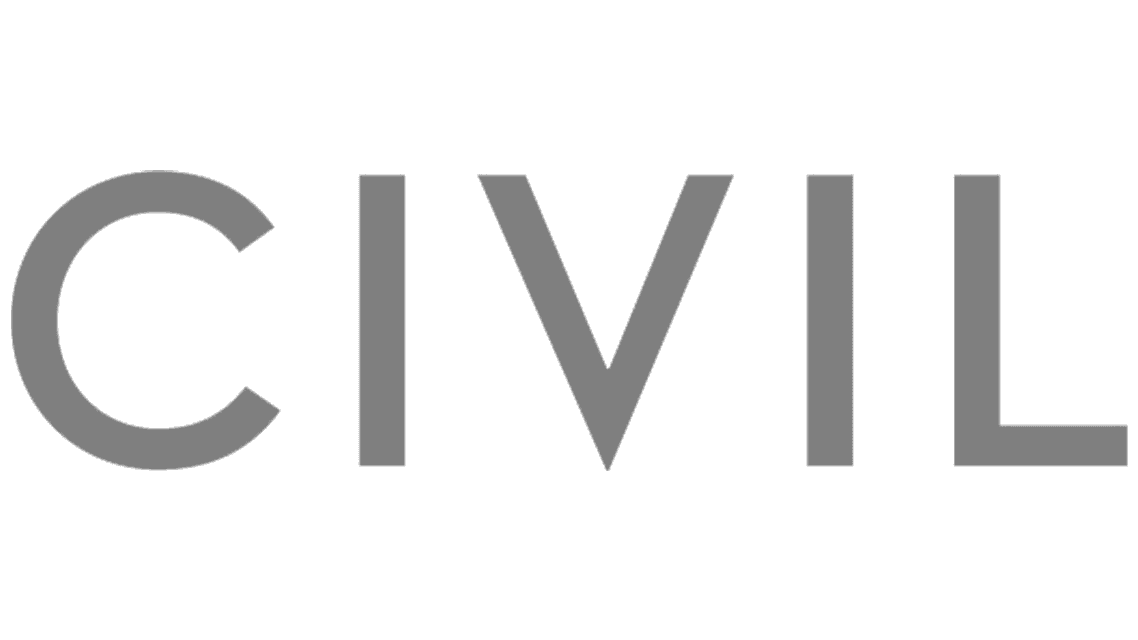
Case study
How Decât o Revistă worked with students to unearth local stories
In a nutshell
A four-day pilot with three goals: to teach journalism skills to high-school students in order to tell local stories; to amplify the work of local civic organisations; and to test an editorial team’s ability to report from the field and on a tight deadline.
Background
- Published by non-profit association Media DoR, Decat o Revista (DoR) is an independent journalism platform founded in 2009.
- Using narrative storytelling to create belonging and spotlight solutions, it helps a progressive audience connect with one another, and understand what they can do to tackle the problems of modern-day Romania.
- DoR has 20 full-time staff, publishes a quarterly print magazine, and also runs live journalism shows, events, and training to connect to their community.

How did they do it?
- In spring 2018, DoR was invited by Forum Apulum, a non-profit organisation promoting civic education among young people, to host a storytelling workshop for them in the Romanian city of Alba Iulia.
- The DoR team, based in Bucharest, suggested that alongside the workshop, they could temporarily embed a team of journalists in the community, to report on local issues together with high school students.
- Eight DoR staff members – including editors, reporters, a social media manager and a photographer – travelled to Alba Iulia, having done some initial research on the topics they wanted to research over the four days.
- The bulk of the costs for the experiment (about €1,300 including travel, accommodation and meals for staff) was covered by DoR.
- The participants were selected by Forum Apulum, and the first day consisted of exchanging story ideas: those that DoR wanted to explore (Alba Iulia as a 'smart city', and the 100 anniversary of Romania's unification) and those that young people found interesting or newsworthy in their own city.
- The following days started with an editorial meeting, during which each high schooler was paired with a reporter and sent out in the field. After lunch, they talked through the stories they’d gathered, giving the students an insight into the process of shaping rough notes and sound-bites into a story. Once the reporters sat down to write the articles, the students were also encouraged to write their own drafts and received feedback from the DoR team.
- Over the four days, DoR published 18 articles, more than 50 portraits, more than 100 post-its, a timelapse video and related social media coverage.
What did they learn?
- DoR team members conducted an internal assessment in which they wrote qualitative feedback and scored the team’s performance on different aspects of the workshop (such as 'ability to publish on a deadline’). They concluded that they had improved their ability to source and produce stories on tight deadlines, and got better at investing more time and resources into finding and shaping the material than into crafting a perfect final piece.
- Because the team wasn’t part of the selection process, they felt like some of the students got more out of the experience than others, based on their levels of interest. For a future pop-up newsroom, DoR would like to be more closely involved in choosing the participants, by asking them to submit a CV or letter of intent.
- Equally, they found that when taking people out on a reporting trip, mentors should provide clear guidelines on how the trainees are expected to contribute. Can they ask an interviewee questions, and if so, when? What role do they play in the relationship between the journalist and the source?
- Mentorship, whether through a course, masterclass or workshop, should be structured in a format that fosters learning. That means separating the roles and attributions of the people who oversee and lead the training, and those of staff members who accompany participants in the field.
- The experiment helped the participants better understand how a story is put together and how they can document their views and opinions through interviews, online research and data, which is often not common knowledge for the public in the way it is for journalists.
- Reporters accompanied the students to cafes and the local independent theatre, while the students got to visit places that are usually less accessible to them, such as local authorities. This gave both parties a chance to validate (and invalidate) some of their assumptions about what issues the community really cares about, and about the way in which Alba Iulia is usually portrayed in the media.
- For example, most of the initial ideas DoR reporters came with focused on Alba Iulia as a 'smart city', described as using technology to add value to citizens' life, to infrastructure and communication. The city of Alba Iulia took pride in running more such projects than other Romanian cities, but when they spoke to local people and students, the journalists were largely told 'we haven't heard about that', or 'it's overselling'.
In their own words
Cristian Lupsa, co-founder and editor, DoR
“You can show the public how journalism works by doing it together, and we can also help civil society organisations by sharing some of our storytelling skills with them. As an organisation, we learned that we can set up and run pop-up newsrooms, which is also an incredibly valuable team-building exercise.”
How would you improve it?
“We would do more planning ahead of time, including creating a more solid teaching structure, and explore the possibility of raising funds to support similar future experiments.”
Now try it for yourself
- In Germany, investigative non-profit Correctiv has been running a platform called CrowdNewsroom, where citizens are invited to research story ideas together with the reporters. In the near future, Correctiv is also planning to launch ReporterFabrik, a ‘journalism school’ for the public.
- Danish start-up Koncentrat produces stories that are regularly used by teachers in teaching curriculums. Their reporters write for a young audience, covering topics such as climate, politics and technology. They also publish a newsletter for teachers and offer workshops for students.
Please make a contribution today
Your support will help us continue providing the kinds of opportunities journalists tell us they rely on
Would you like to have a direct conversation about making a donation? Please get in touch.



